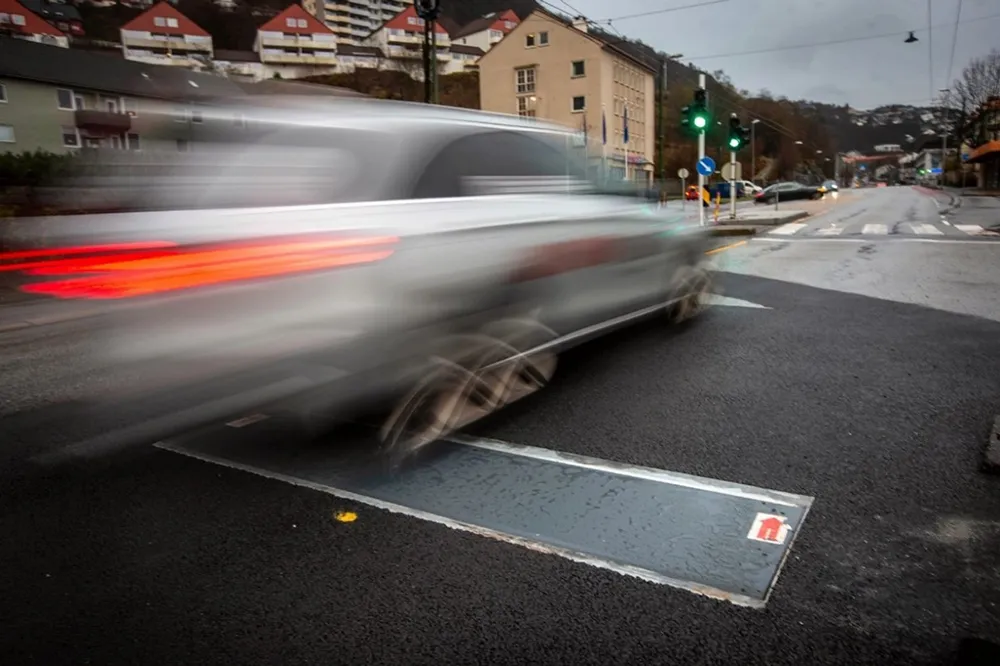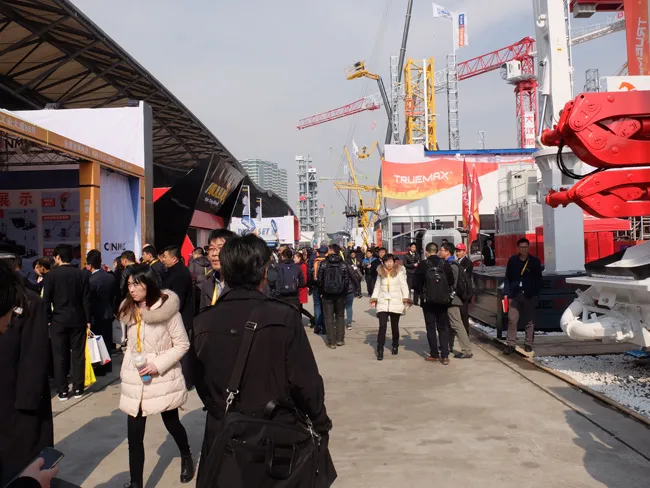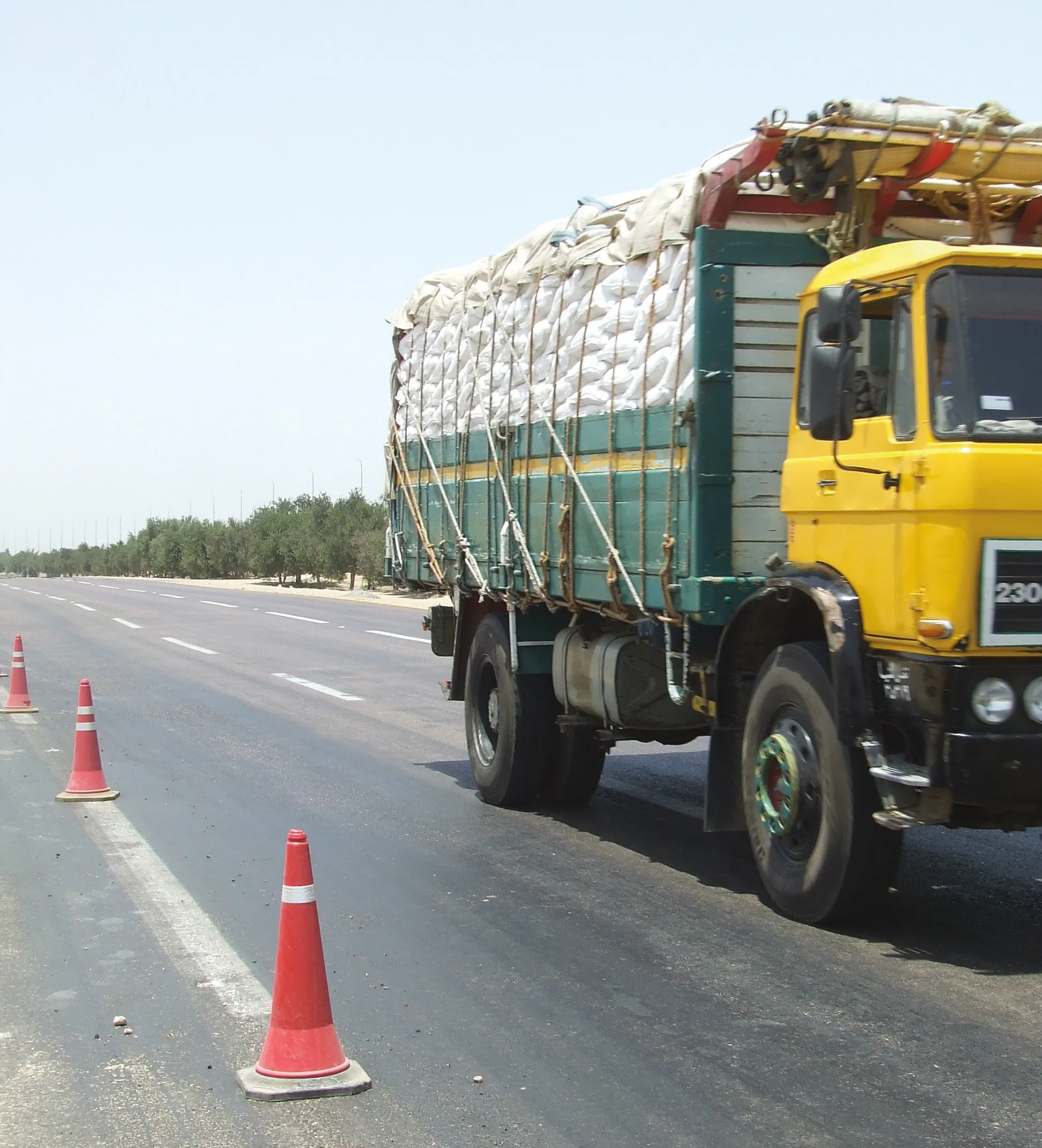The final results of the International Road Transport Union's (IRU) New Eurasian Land Transport Initiative (NELTI)-Phase 2 have confirmed road trade links between Europe and Asia as an economically-attractive and viable alternative to traditional, saturated maritime trading routes.
February 17, 2012
Read time: 3 mins

The final results of the 1203 International Road Transport Union's (IRU) New Eurasian Land Transport Initiative (NELTI)-Phase 2 have confirmed road trade links between Europe and Asia as an economically-attractive and viable alternative to traditional, saturated maritime trading routes.
This was unveiled at the recent 6th IRU Euro-Asian Road Transport Conference and Ministerial Meeting held in Tbilisi, the Georgian capital, which concluded that removing the remaining procedural impediments at borders and developing the necessary auxiliary infrastructure is essential to realise the significant growth potential of such international road trade flows.
Launched in June, 2009, in close cooperation with the943 Asian Development Bank (ADB) and its Central Asian Regional Economic Cooperation programme (CAREC), the IRU's NELTI-Phase 2 monitored regular commercial deliveries over two years, performed by road transport companies from 13 European and Asian countries, including China, and covering 18 states spanning the Eurasian landmass along five routes (Northern, Central, Southern, Afghan and Chinese).
The average cargo movement speed along NELTI-2 routes was 18.4km/hour, which is equivalent to approximately 450km/day.
"The numerous stops on the way, for both justified (fuel refills, meals, rest and road traffic regulations) and unwarranted reasons (border waiting times, extensive vehicle and cargo controls and customs clearance), explain this relatively low speed," says the organisation.
However, the analysis of drivers' logbook data highlighted that downtime at borders results in a daily loss of 280km not being driven, which means that almost 40% of road transport time along the Silk Road is lost at borders due to inappropriate border crossing procedures which impede trade growth along the entire Eurasian landmass.
Meanwhile, the Economic Cooperation Organisation Regular Monitoring of Trucks (ECO-RMT) in partnership with IRU's NELTI-3 has been launched in Ashgabat, the Turkmenistan capital, at the 8th Meeting of the Ministers of Transport and Communications of the ECO member states.
ECO secretary general, Mohammed Yahya Maroofi, explained: "Reliable, factual information about the conditions of international road transport in the ECO region is crucial to identify real impediments and appropriate solutions to be implemented in order to effectively remove or reduce physical and non-physical barriers to international road transport." This is the aim of the ECO-RMT, which will collect invaluable data on border waiting times, customs procedures, controls and roadside checks as well as existing transport infrastructure along major transport routes in our region." This joint ECO RMT/NELTI-3 project, a continuation of the ECO-IRU Silk Road Truck Caravan 2010 and IRU's NELTI 1 and 2, will allow the collection and analysis of data on the current conditions of international road transport faced by professional truck drivers during international commercial cargo deliveries in the ECO region through special questionnaires and logbooks to be filled by drivers of 26 participating companies from seven ECO member states, (Azerbaijan, Kazakhstan, Kyrgyzstan, Iran, Tajikistan, Turkey and Turkmenistan) applying the UNESCAP Time-Distance-Cost methodology [a simple way of illustrating the time and costs involved in the transportation process].
This was unveiled at the recent 6th IRU Euro-Asian Road Transport Conference and Ministerial Meeting held in Tbilisi, the Georgian capital, which concluded that removing the remaining procedural impediments at borders and developing the necessary auxiliary infrastructure is essential to realise the significant growth potential of such international road trade flows.
Launched in June, 2009, in close cooperation with the
The average cargo movement speed along NELTI-2 routes was 18.4km/hour, which is equivalent to approximately 450km/day.
"The numerous stops on the way, for both justified (fuel refills, meals, rest and road traffic regulations) and unwarranted reasons (border waiting times, extensive vehicle and cargo controls and customs clearance), explain this relatively low speed," says the organisation.
However, the analysis of drivers' logbook data highlighted that downtime at borders results in a daily loss of 280km not being driven, which means that almost 40% of road transport time along the Silk Road is lost at borders due to inappropriate border crossing procedures which impede trade growth along the entire Eurasian landmass.
Meanwhile, the Economic Cooperation Organisation Regular Monitoring of Trucks (ECO-RMT) in partnership with IRU's NELTI-3 has been launched in Ashgabat, the Turkmenistan capital, at the 8th Meeting of the Ministers of Transport and Communications of the ECO member states.
ECO secretary general, Mohammed Yahya Maroofi, explained: "Reliable, factual information about the conditions of international road transport in the ECO region is crucial to identify real impediments and appropriate solutions to be implemented in order to effectively remove or reduce physical and non-physical barriers to international road transport." This is the aim of the ECO-RMT, which will collect invaluable data on border waiting times, customs procedures, controls and roadside checks as well as existing transport infrastructure along major transport routes in our region." This joint ECO RMT/NELTI-3 project, a continuation of the ECO-IRU Silk Road Truck Caravan 2010 and IRU's NELTI 1 and 2, will allow the collection and analysis of data on the current conditions of international road transport faced by professional truck drivers during international commercial cargo deliveries in the ECO region through special questionnaires and logbooks to be filled by drivers of 26 participating companies from seven ECO member states, (Azerbaijan, Kazakhstan, Kyrgyzstan, Iran, Tajikistan, Turkey and Turkmenistan) applying the UNESCAP Time-Distance-Cost methodology [a simple way of illustrating the time and costs involved in the transportation process].









